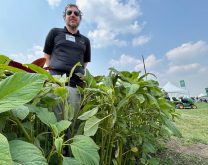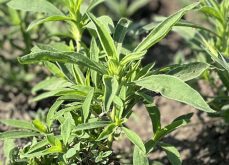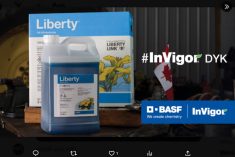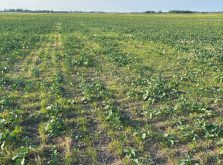Q: A dead weed is a good weed, so how do we better control and kill weeds in our crops?
A: Implementing an integrated pest management strategy that incorporates best practices will help manage weeds.
Pesticide use in agriculture allows us to grow more food, but it’s not a bulletproof solution to weed management. The first step in weed management is knowing what weed species you have in your fields. Before making a herbicide application, make sure the treatment option addresses the weed issue. Then, tend to the weed problem right away, and try to control weeds when they are small to give the herbicide a better opportunity to work as expected.
Read Also
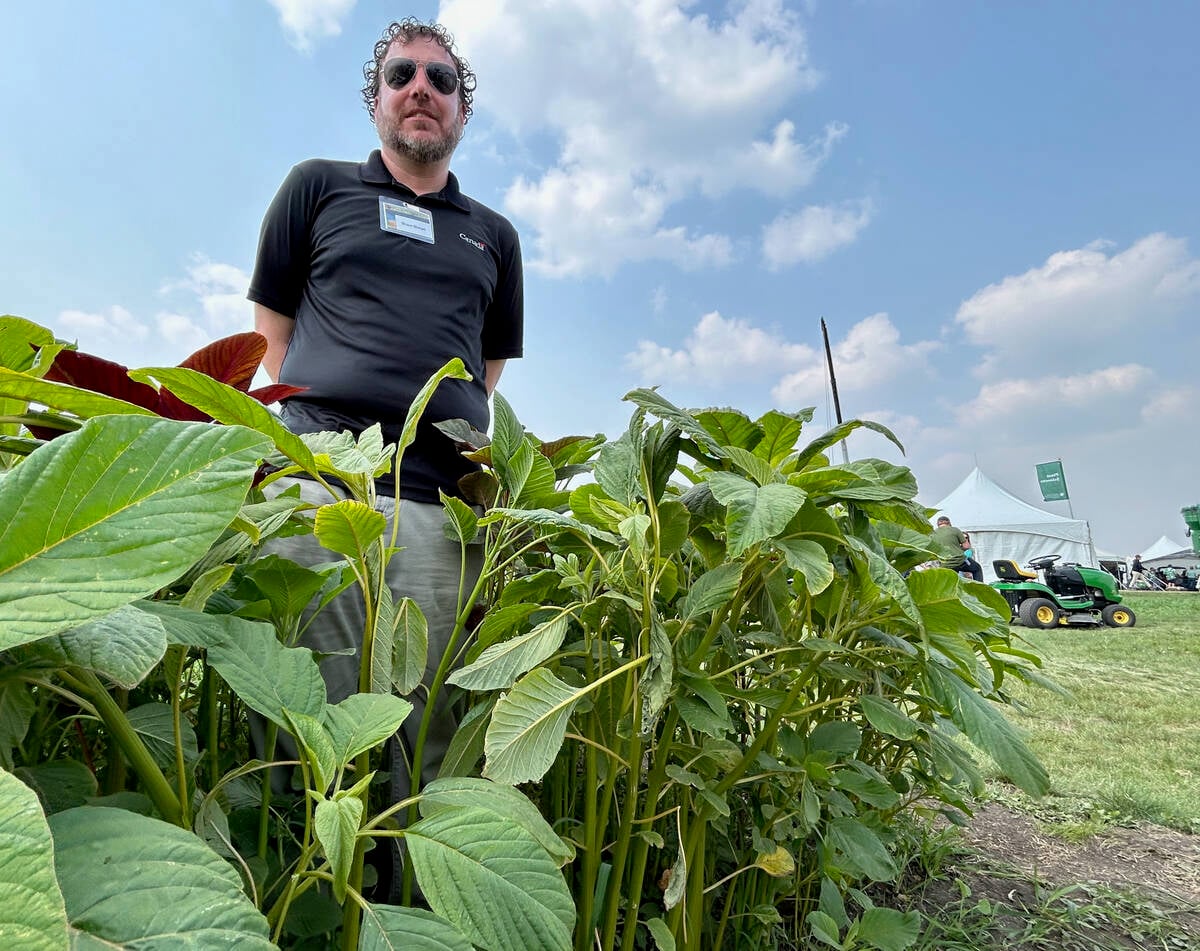
Glufosinate-resistant waterhemp appears in U.S. Midwest
News of glufosinate-resistant kochia in the U.S. is concerning as farmers are losing options to control waterhemp, also of the pigweed family.
With an increase in herbicide-resistant weed populations, an integrated management approach is needed.
The simplest addition to your current herbicide plan is to rotate herbicide active ingredients and use multiple modes of action on target weeds in a single application.
However, our reliance on herbicides for weed control may too quickly come to an end. Incorporating weed management strategies like improved crop competition and canopy cover is easy to implement with existing equipment.
Increasing seeding rates in combination with pesticide applications can quickly decrease the weed population in your fields.
Diversifying herbicide groups and modes of action is easier to accomplish when rotating crops. This forces a change in herbicide active ingredients or the timing of the pesticide applications. Crop rotation decisions also need to make economic sense, so calculating the risk of weed resistance in a crop rotation plan is important.
There are other weed management techniques like cultivation, perennial forages and cover cropping, but those don’t always work in every operation. Before trying to execute a weed management strategy that isn’t proven or doesn’t fit a specific farming operation, talk to a professional agrologist or certified crop advisor to see if they have alternative options that will provide better results.
– Nathan Trowell, PAg, CCA, is a manager of agronomic solutions for Nutrien Ag Solutions in east-central Saskatchewan.



